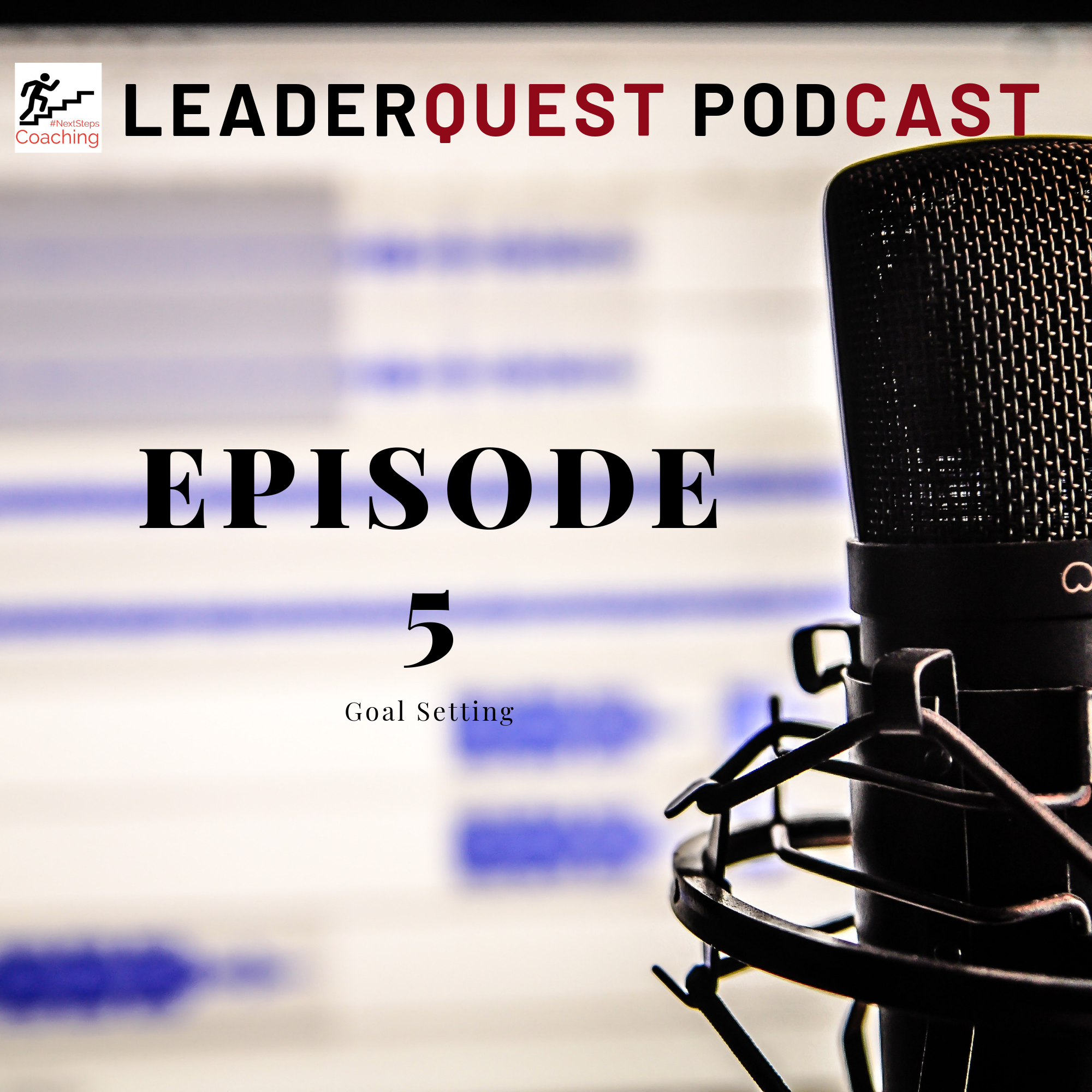
The following is an excerpt from my upcoming book Shift: 7 Essential Mindset Strategies For Today’s Elite Performers. To keep aware of the release date and other excellent training material, please subscribe to my newsletter.
Shift: 7 Essential Mindset Strategies For Today’s Elite Performers.
Shift is about achieving ultimate performance.
In my work with my high achieving clients, I’ve discovered one thread in common with almost everyone: the biggest obstacle they face to success and transformation is the three pounds of grey matter lodged between their ears.
Our brains play host to all sorts of inherited narratives that influence our everyday lives. Take, for example, your thoughts about money. While I’m sure on some level you like it and know you need it, many of us carry around deep-seated issues towards money.
Is it a tool to be used for our own benefit or for the service of others?
A resource to be hoarded or given away generously?
A worry that consumes our thoughts or a blessing of enormous magnitude?
Chances are, whatever you think, you inherited those thoughts from your parents, your peer group, and other close relationships.
If you grew up in a house without a lot of money, it’s probably a constant stress or worry, even if you make enough of it now. It’s even worse if you don’t make enough. If you regularly experience more month than money, most of your stress (and spousal arguments) probably revolve around needing more of it.
If you think money is a sign of power and control, it will influence the way you approach all human interaction. Feeling stressed and need to seize control of a situation? Throw money at the problem. Feeling inferior, stressed, or irrelevant? A little retail therapy should help… Want someone to do what you want? Generosity with some strings attached could solve the problem.
Thoughts About Life
Whether you’ve consciously thought about your relationship to money or not, your life is dictated by it. As a business, you can’t survive without it. As a family, you can’t pay your bills without enough of it.
What is true of money is true of other inherited narratives as well.
What do you think about marriage? How do you explain your stance on family dynamics and relationships? How do you decide who’s house to go to for the holidays?
What is your view on loyalty in the workplace? Have you worked in the same place for more than five years? Ten? Twenty-five?
What about your own mindset? Why do you think the way you do? What story do you believe? Is it even true?
Mindset
The reality is that we all have preconceived notions of how the world should work, look, and feel. My son once asked me if I was the boss of mommy. How would you respond in that situation? 
Shift is about creating a new mindset around the narrative that we tell ourselves. It is about rewriting the script on your own life from two primary perspectives.
First, is about the habits of success. There are fundamental practices that you need to engage in to create success. While I don’t believe that there is a “secret formula” for success, if there was, this would be it. I’m going to peel back the curtain on today’s top performers, elite accomplishers, and world-changing leaders to reveal what they do to be successful. This formula can be boiled down to one overriding principle: working smarter, not harder.
Make no mistake, it will take hard work. But, at the end of the day, hard work will never be enough. If you’re not working on the right projects, at the right time, with the right frame of mind, you’ll never get the right goals accomplished.
My coaching practice is built on this. My focus, quite intentionally, is Empowering leaders to get the RIGHT things done.
Why?
Because I’ve never met a leader who was looking for more things to do. In my five-plus years of experience coaching pastors, entrepreneurs, executives, business owners, and various levels of employees, I’ve never once heard it. Quite the opposite is true. We’re all overworked, overbooked, overstressed, and overcommitted.
Over It.
To be honest, I’m over it.
Instead, I decided to take back control of my life and help others along the way. Don’t just get more things done. Get the right things done.
This is a chance for you to examine your life.
Make changes.
Adapt.
Overcome.
Succeed.
Now it’s time to dive in so you can get the right things done.








